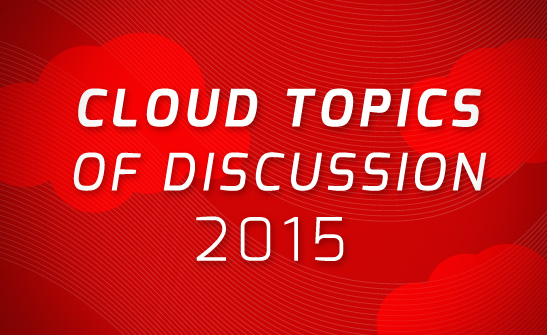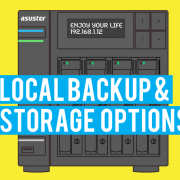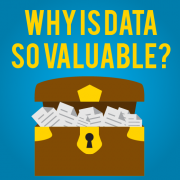Cloud computing has been a frequent topic of discussion for businesses for the last several years, but like all technologies, the discussion continues to evolve. This year meetings will be centered around new subject matters related to cloud services, integration and new products on the horizon.
Three of the topics businesses will talk about this year involve:
- Making RaaS capabilities available to companies in the cloud
- Cloud integration and new approaches to security
- Virtual containers and their effect on cloud services
Here is a further look at these three areas that will increasingly be examined in the upcoming months.
Leveraging the Cloud for Disaster Recovery
While backups ensure that valuable data is protected and stored in case of failure, companies are focusing on other ways to leverage the cloud. Businesses can also use the scalability of cloud computing to access enterprise applications affected by any disasters as well. The trend this year in leveraging cloud capabilities is the security of backup to the cloud partnered with the capacity to facilitate recovery through this application accessibility.
Cloud storage providers are reacting to this need with recovery-as-a-service (RaaS) capabilities. In disaster scenarios, lost data is not only accessible from a backup data center, but also the computing capacity to speed up the recovery process. Data centers offer standby capabilities for companies to access their business applications from any location, preventing major disruptions in operation.
Cloud Integration for Business and Consumer Products
This year both businesses and individuals will notice some level of cloud integration in more of the technologies they regularly use. Data storage providers have already begun to build cloud capabilities directly into the control panels for their products. RaaS products are an example of integration of backup and recovery technologies. Security features are also being integrated into the cloud.
Cloud-integrated security provides businesses with a simple approach to monitoring activity. A single dashboard removes the issues with complexity. Cloud-integrated security also frees business applications from a rigid structure. The flexibility of the cloud environment allows companies to make security changes as needed, and the simplicity allows them to make the changes quickly and accurately.
Storage Containers and the Effect on Cloud Computing
Finally, businesses can expect to spend more time in the upcoming months discussing storage containers and their possible disruption to cloud technologies. Storage container products can self-contain individual applications. The containers can have their own APIs, and the products allow for deployment in the cloud.
Companies such as CoreOS and Docker are successfully designing these virtual storage containers. The products are getting important support from big players in cloud services like Google, Microsoft Azure and AWS. One of first entries of the year on the Google Cloud Platform Blog discussed Docker technology and announced the beta version of Google Container Registry.
Cloud Services for SMBs
Cloud services are not just an important topic of discussion for large enterprises. Small and medium-sized businesses can benefit from the scalability and security of the cloud from the right service provider. If your SMB needs to understand trends in cloud computing and how cloud services can keep important data secure, contact Data Deposit Box at 1.866.430.2406 to start a discussion today.









Leave a Reply
Want to join the discussion?Feel free to contribute!